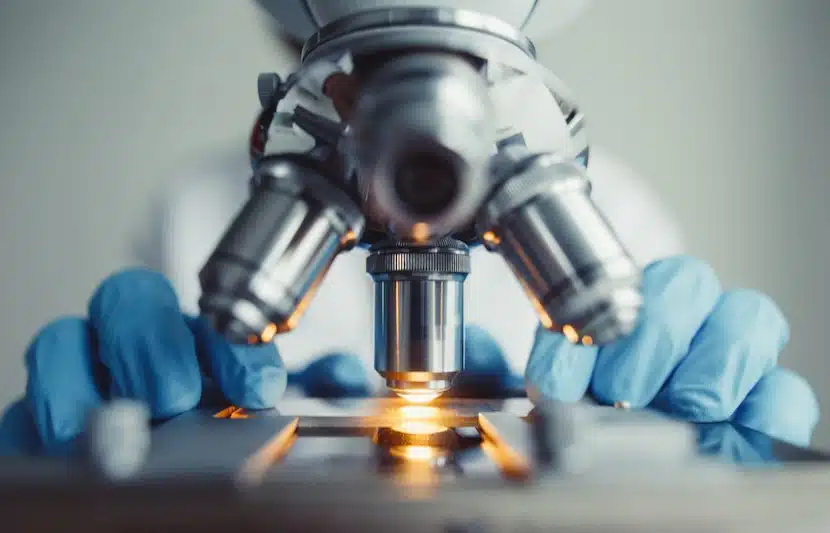Abstract
Aim: β-Glucan is one of the most abundant polymers in nature and has been established as an immunomodulator. This compound has notable physiological effects on mammalian immune systems, including anti-tumor and anti-infective activities and can activate the immune response. It is considered that the immune-stimulating activities of β-glucan can depend on physicochemical parameters, such as molecular size. Saccharomyces cerevisiae, also known as baker’s yeast, is a frequently used source of β-glucan. The aim of the experiments was to investigate how different Saccharomyces cerevisiae β-glucan preparations with different molecular size affect interferon-gamma (IFN-γ) production in BALB/c mice.
Materials and methods: In vivo and in vitro BALB/c mouse models were used for the investigations. Different β-glucan preparations were orally administrated in the in vivo experiments. IFN-γ production in BALB/c mice was analyzed by enzyme-linked immunosorbent assay and measuring interferon-γ RNA concentration.
Results: The results showed that orally-administered β-glucan from S. cerevisiae enhanced IFN-γ production in BALB/c mice in the in vivo model, but not by mouse leukocytes in vitro. Moreover, water-soluble β-glucan enhanced IFN-γ production more effectively than did particulate β-glucan.
Conclusion: IFN-γ plays an important role in immunity against viral and bacterial infections. Our experiments have shown that β-glucan preparations enhance IFN-γ production in BALB/c mice and can be potentially used for immune system stimulation in mammals. Current results may be used to develop soluble β-glucan nutritional supplements.
Keywords: Interferon-gamma; immune modulation; mice; yeast; β-glucan.
Copyright © 2015 International Institute of Anticancer Research (Dr. John G. Delinassios), All rights reserved.
Similar articles
- Glucan phosphate potentiates endotoxin-induced interferon-gamma expression in immunocompetent mice, but attenuates induction of endotoxin tolerance.Sherwood ER, Varma TK, Fram RY, Lin CY, Koutrouvelis AP, Toliver-Kinsky TE.Clin Sci (Lond). 2001 Dec;101(6):541-50.PMID: 11724637
- Down-modulation of lymphoproliferation and interferon-gamma production by beta-glucan derived from Saccharomyces cerevisiae.Pelizon AC, Kaneno R, Soares AM, Meira DA, Sartori A.Mem Inst Oswaldo Cruz. 2003 Dec;98(8):1083-7. doi: 10.1590/s0074-02762003000800019.PMID: 15049094
- Beta-glucan-depleted, glycopeptide-rich extracts from Brewer’s and Baker’s yeast (Saccharomyces cerevisiae) lower interferon-gamma production by stimulated human blood cells in vitro.Williams R, Dias DA, Jayasinghe N, Roessner U, Bennett LE.Food Chem. 2016 Apr 15;197(Pt A):761-8. doi: 10.1016/j.foodchem.2015.11.015. Epub 2015 Nov 10.PMID: 26617014
- Yeast cell wall polysaccharides as antioxidants and antimutagens: can they fight cancer?Kogan G, Pajtinka M, Babincova M, Miadokova E, Rauko P, Slamenova D, Korolenko TA.Neoplasma. 2008;55(5):387-93.PMID: 18665748Review.
- An evaluation study of different methods for the production of β-D-glucan from yeast biomass.Varelas V, Liouni M, Calokerinos AC, Nerantzis ET.Drug Test Anal. 2016 Jan;8(1):46-55. doi: 10.1002/dta.1833. Epub 2015 Jul 20.PMID: 26190751Review.
References
β-Glucan from Saccharomyces cerevisiae Induces IFN-γ Production In Vivo in BALB/c Mice – PubMed

